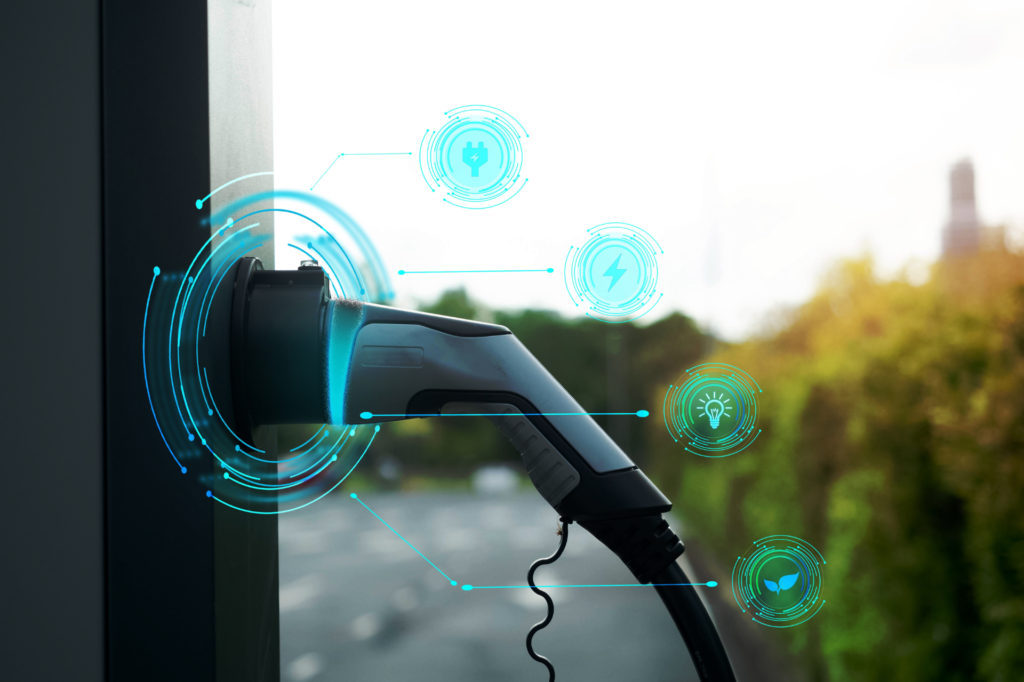Most people prefer charging their electric vehicles at home. While your car has a plug you can use in a public station or workplace, electric vehicle charging becomes more convenient and affordable when you install a charger at home. But what does it involve, and what are the benefits? First, let’s understand the basics.

What is Electric Vehicle Charging?
Electric vehicle charging connects an EV to a charging station that converts alternating current into the electric vehicle your car requires to operate. Standard vehicles run on diesel or gasoline. However, electric cars use electricity. Like a laptop or cell phone, an electric vehicle requires periodic charging. When you drive an EV, its battery charge reduces. You can’t operate your EV once the battery runs out of electric power. The electric vehicle charging station is like a gas pump. However, it charges the electric car’s portable battery pack instead of filling its tank with gasoline or diesel.
A Guide for Charging an Electric Vehicle at Home
Installing an electric vehicle charger at home minimizes your visits to a public charging station. You plug the charger in once you arrive home and wake up the following morning with a fully charged car battery. Moreover, installing a home charger for an electric vehicle is the most convenient, safest, and affordable way to charge your EV. That’s why many homeowners are going this route after buying electric cars.
You have two options for charging an EV at home. One, you can use a domestic three-pin socket. Two, you can use a dedicated EV charge point. A domestic socket is ideal for occasional or emergency use. Also, you can use it to charge your electric vehicle overnight or when visiting relatives and friends. However, it’s unsuitable for regular use. Most experts recommend carrying a standard 3-pin plug-compatible charging cable in your car. However, the best option is to install a quality home charger. A dedicated home charging point is the safest option for domestic charging. Also, a smart home charger benefits you from affordable energy tariffs. You can always charge your electric vehicle during low demand and high supply.
Costs and Benefits of Electric Vehicle Charger Installation
Electric vehicle charger installation costs depend on the type, whether plug-in or hardwired. A plug-in charger is portable, and you can plug it into the standard electrical outlets. A hardwired charger mounts permanently to the wall, and you wire it directly to your home’s electrical system. Installing a plug-in charger station costs between $ 1,000 and $2000, while a hardwired charger costs between $850 and $1,800. The charger’s brand and type, current electrical infrastructure, and location will also influence the cost of installing your electric vehicle charger.
Once you install an electric vehicle charger at home, you enjoy the convenience of charging your vehicle when you want. Also, you decide how much you charge your car and how much you pay for the utility bills. Nevertheless, you must choose the correct energy tariff and charge point to enjoy the full benefits of a home’s electric vehicle charger.
Thank you to Go Solar MB for your help in putting this educational article together.